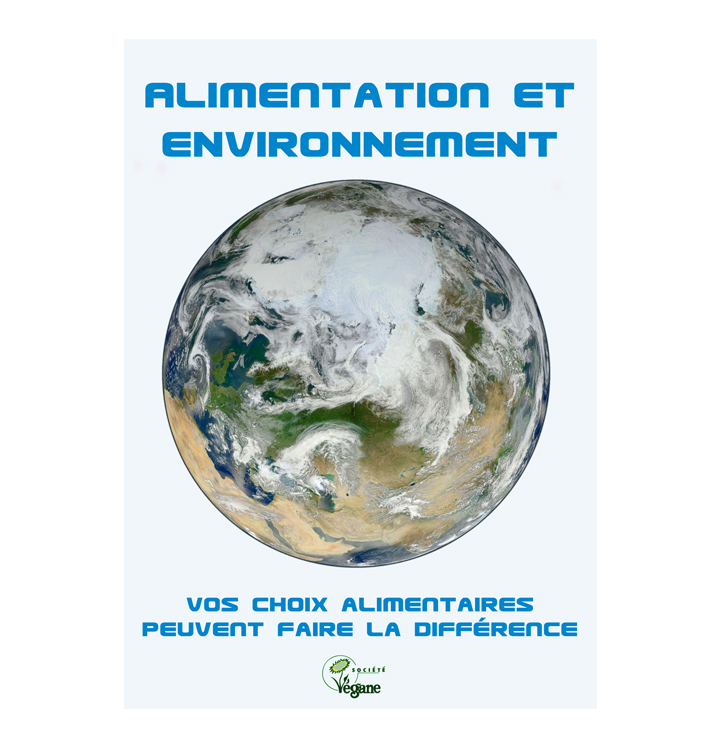Environnement
Ci-dessous figure l’estimation du bénéfice environnemental auquel les alimentations véganes peuvent réellement prétendre. Les chiffres avancés par Stephen Walsh commencent à faire l’objet d’une confirmation institutionnelle (NNR5).
L’empreinte environnementale des alimentations véganes

L’alimentation conventionnelle est l’un des facteurs les plus importants de notre empreinte écologique globale. Elle représente 30 % de l’impact européen sur le réchauffement climatique :
- production des aliments qui sont consommés en Europe : ≈ 10 % ;
- du producteur à l’assiette (préparation, transport, magasin, réfrigération et cuisson) : ≈ 10 % ;
- déforestation induite par la production alimentaire : ≈ 10 % [1, 2].
Une alimentation végane typique réduit cet impact de moitié (environ 15 %). C’est pourquoi l’adoption d’une alimentation végane est l’un des choix individuels les plus efficaces pour réduire l’impact sur le réchauffement climatique global [1, 3, 4].
Stephen Walsh
2012-2013
Plus d’informations sur le site Manger ensemble.
Notes :
[1] Audsley, E., Brander, M., Chatterton, J., Murphy-Bokern, D., Webster, C., and Williams, A. (2009). How low can we go? An assessment of greenhouse gas emissions from the UK food system and the scope to reduce them by 2050. How low can we go? WWF- UK. (http://assets.wwf.org.uk/downloads/how_low_report_1.pdf)
[2] Environmental Impact of Products (EIPRO) Analysis of the life cycle environmental impacts related to the final consumption of the EU-25 (http://ec.europa.eu/environment/ipp/pdf/eipro_report.pdf )
[3] UNEP (2010) Assessing the Environmental Impacts of Consumption and Production: Priority Products and Materials, A Report of the Working Group on the Environmental Impacts of Products and Materials to the International Panel for Sustainable Resource Management. Hertwich, E., van der Voet, E., Suh, S., Tukker, A., Huijbregts M., Kazmierczyk, P., Lenzen, M., McNeely, J., Moriguchi, Y. (http://www.unep.fr/shared/publications/pdf/DTIx1262xPA-PriorityProductsAndMaterials_Report.pdf)
Traduction : « En raison de l’augmentation des populations humaine et de l’augmentation de consommation des produits d’origine animale, la projection des impacts imputables à l’activité agricole promet une augmentation conséquente. Comparativement aux problèmes que rencontrent les énergies fossiles, il est plus difficile de chercher des alternatives dans ce secteur, tout simplement parce que les gens ont besoin de manger. La réduction conséquente des impacts ne peut s’envisager qu’en se détournant des produits d’origine animale. Ceci implique un changement des alimentations à l’échelle mondiale. » p. 82
Texte original : “Impacts from agriculture are expected to increase substantially due to population growth, increasing consumption of animal products. Unlike fossil fuels, it is difficult to look for alternatives: people have to eat. A substantial reduction of impacts would only be possible with a substantial worldwide diet change, away from animal products.” P.82
[4] Toni Meier, Olaf christen (2013) Environmental Impacts of Dietary Recommendations and Dietary Styles: Germany as an Example, dans American Chemical Society. (http://www.nutrition-impacts.org/media/2013%20-%20Meier,%20Christen%20-%20LCA%20of%20dietary%20recommendations%20and%20styles.pdf)



